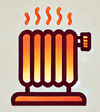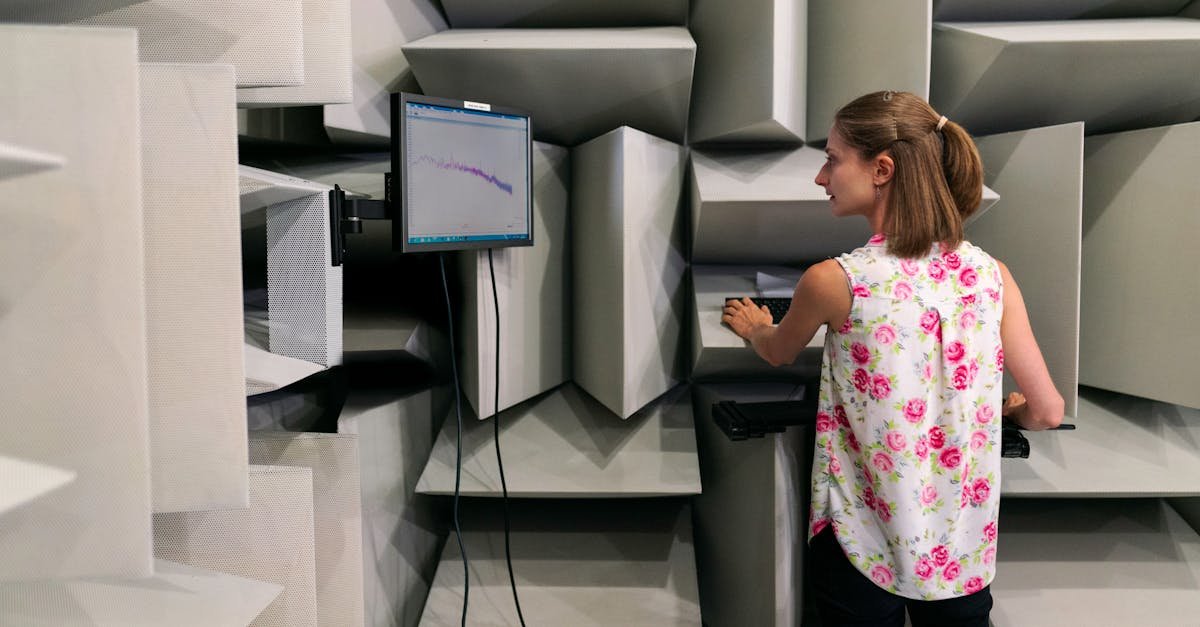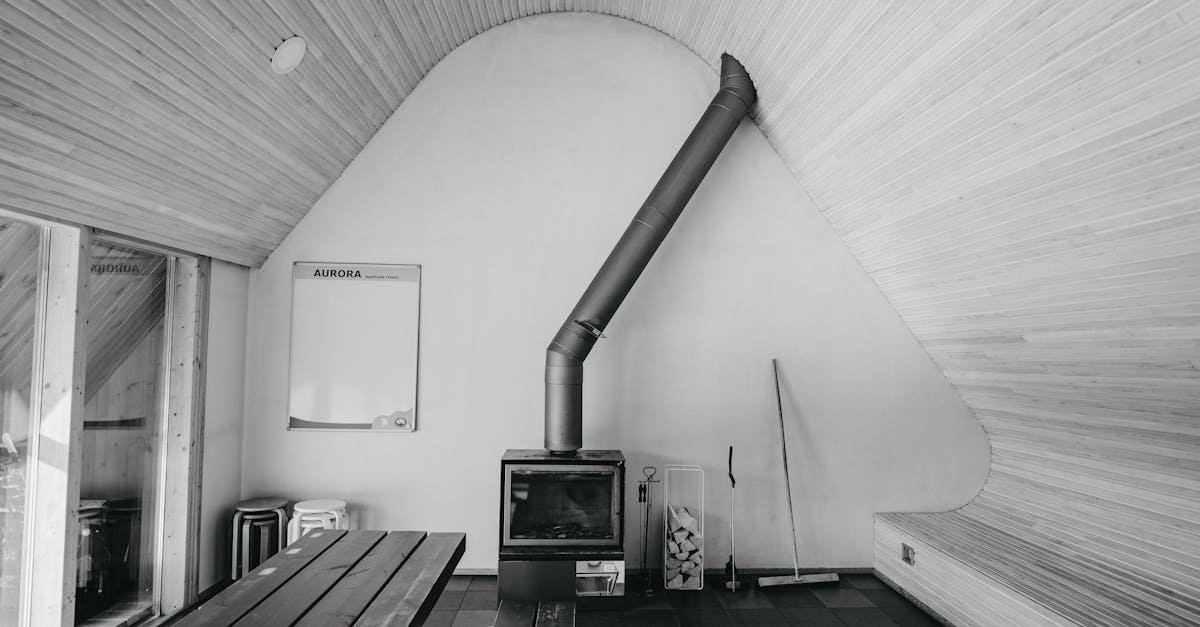If your heater’s making too much noise, there are several simple steps you can take to reduce it. Start by checking for loose components and tightening any screws or bolts. Regular maintenance, like cleaning or replacing filters, can also minimize noise levels.
Also, consider using soundproofing materials around the heater or relocating it if possible. These strategies not only enhance your comfort but also extend the lifespan of your heating system. Let’s explore these tips in detail to help you enjoy a quieter home.
Understanding Heater Noise
Heater noise can disrupt your peace. Recognizing its sources helps in reducing it effectively.
Common Causes of Heater Noise
- Air Leaks and Duct Issues:
- Air leaks in ducts amplify noise. Sealing these leaks with gaskets or foam baffles reduces sound. Regularly inspect ducts for gaps to maintain quiet operation.
- Vibrations and Misalignment:
- Vibrations from the heater or misaligned parts create noise. Secure mounts and proper alignment minimize rattling. Installing anti-vibration pads absorbs sound effectively.
- Worn or Loose Components:
- Loose or worn-out components, like fan blades or motor mounts, contribute to noise. Regular maintenance checks keep these parts in good shape. Replace damaged components to ensure silent performance.
- Humming and Buzzing:
- Humming often results from electrical issues. Buzzing can indicate loose wires or connections. Investigate and fix these to prevent further noise.
- Rattling Sounds:
- Rattling often signals loose panels or components. Tighten screws and check for misaligned parts to eliminate this issue.
- Popping or Cracking:
- Popping noises can occur when metal parts expand or contract with temperature changes. Allow your heater to warm up gradually to reduce these sounds.
- Whistling Noises:
- Whistling usually comes from air moving through narrow ducts or gaps. Ensure ducts are adequately sized and sealed to prevent this noise.
Identifying these causes and types of noises sets the foundation for a quieter heating environment. Taking the right steps leads to better comfort and energy efficiency.
Importance of Noise Reduction
Noise reduction in heating systems impacts your home in numerous ways. It enhances comfort and can improve various aspects of your daily life.
Benefits of a Quieter Home
A quieter home creates a more pleasant atmosphere. You can relax without loud interruptions. Reduced noise helps maintain a peaceful environment in living areas and bedrooms. Homebuyers often prefer properties with low noise levels, making noise reduction an investment in your home’s value.
Impact on Your Well-Being
Noise affects your sleep and focus. Excessive sounds lead to disrupted sleep patterns and reduced concentration. By minimizing heater noise, you’ll enjoy better sleep quality and a more productive environment for work or study. Stress levels also decrease when your space feels calm. A quieter setting promotes overall well-being, leading to a more enjoyable living experience.
Heater Noise Reduction Tips
Effective strategies can help you reduce heater noise, enhancing your home’s comfort. Implementing regular maintenance, proper insulation, and soundproofing materials makes a significant difference.
Regular Maintenance and Cleaning
- Calibrate Fan Speed: Check the furnace fan settings for compatibility with your unit, house size, and duct size. Incorrect settings generate more noise.
- Align Fan Blades: Ensure the fan blades are correctly aligned. Misalignment creates unnecessary noise through the vents.
- Replace Worn-Out Bearings: Inspect the blower fan’s bearings. Worn bearings often cause grinding noises. Replacing them stops this issue.
- Deep Clean the Blower Fan: Dust deposits lead to humming sounds. Clean the blower fan regularly to prevent this buildup.
- Lubricate the Blower Motor: Apply lubricant to the motor. This action prevents screeching sounds from parts rubbing against each other.
- Secure Motor Mounts: Tighten the motor mounts. Loose mounts can cause vibrations that create extra noise.
Insulation and Sealing Gaps
- Seal Ducts: Use gaskets or foam baffles to seal air leaks in ducts. Proper sealing reduces noise from escaping air.
- Add Insulation: Insulate ductwork to minimize sound transmission. Insulation absorbs noise from the system and keeps the air moving quietly.
- Check Windows and Doors: Inspect and upgrade any gaps in windows or doors. Gaps allow noise to enter and decrease overall effectiveness.
- Employ Acoustic Panels: Install acoustic panels in rooms with significant heater noise. These panels absorb sound, lessening its impact on your space.
- Use Anti-Vibration Pads: Place anti-vibration pads under the heater. These pads help reduce vibrations and minimize noise transfer to floors.
- Consider Soundproofing Curtains: Hang soundproofing curtains in areas near the heater. These curtains block noise and improve overall atmosphere.
Implementing these tips can create a quieter, more comfortable home environment.
Recommended Products for Noise Reduction
To effectively reduce heater noise, various products can make a significant difference. Here’s a detailed look at some options that can help.
Soundproofing Panels
Using soundproofing panels improves noise insulation. Acoustic foam or fiberglass materials reduce the noise emitted by your HVAC system. Place these panels inside ducts, on the HVAC unit, or attach them to walls and ceilings. They absorb sound waves, creating a quieter environment. Consider panels that fit your space and aesthetic preferences for better integration.
Vibration Pads and Anti-Vibration Mats
Installing anti-vibration pads under your furnace or HVAC unit minimizes noise transmission. These pads isolate the unit from the floor, decreasing vibrations that travel throughout your home. Options include rubber or neoprene pads. Select the right thickness to suit your unit and flooring condition. Using vibration pads ensures a more peaceful atmosphere, especially during peak heating times.
Conclusion
Reducing heater noise can transform your living space into a serene environment. By taking proactive steps like tightening loose components and sealing air leaks, you can significantly cut down on disruptive sounds. Regular maintenance and strategic use of soundproofing materials will not only enhance comfort but also boost your home’s value.
Embrace these noise reduction strategies to create a more peaceful atmosphere. You’ll enjoy better sleep quality and increased productivity while minimizing stress levels. A quiet home isn’t just a luxury; it’s an essential part of your well-being. Start implementing these tips today and experience the difference for yourself.








